Vanessa Obioha
MTV Base has expanded its acclaimed ‘People VS’ documentary franchise with its latest original, ‘The People and Mental Health.’ The 80-minute film explores the emotional and psychological struggles confronting young Africans today.
Directed by South African filmmaker Lebogang Rasethaba, the film unpacks mental health through the eyes of those living it — young people whose challenges are shaped by gender, class, social pressures, and the relentless weight of survival. Though centred on South Africa, the documentary’s themes reverberate across the continent. He described the project as an attempt to examine mental health from multiple perspectives.
“Mental health has a race, a gender, an age, a background, etc. What we did was to try to incorporate all these perspectives.”
He explained that while certain themes cut across, they manifest differently depending on who is affected.
“Patriarchy is one of the themes. For women, it shows up through gender-based violence and oppression. For men, it’s less about GBV and more about how men don’t open up to each other. And then with the young people, class is a theme. Whereas the kids from Soweto are told to silence the part of themselves that is of the most neurospicy, as they say, or if you have got a mental health challenge and you are from a lower income bracket, that part of you is silenced because you’re too busy surviving. Whereas if you’re from a high-income bracket, it’s obviously prioritised and given more space.”
To keep the film grounded, Rasethaba worked with writers who have experienced mental health challenges directly or indirectly. This approach brought authenticity, but it also taught him how to navigate delicate moments, including a psychotic crisis one of the writers had during production.
For Monde Twala, the Senior Vice President & General Manager at Paramount Africa and Peer Lead at BET International, the documentary is a necessary wake-up call for the continent.
“We’re very youth-anchored and try to stay on top of burning issues. The rate of suicide, for example, has been rising. When you look at the WHO figures, the numbers are alarming. So you start thinking about how suicide, as a topic or an experience young Africans are going through, affects them depending on their situation. This documentary highlights those lived diverse experiences. They are personal, but they’re also relatable to the next person.”
Twala added that storytelling remains one of the most effective ways to make difficult topics more accessible.
“Listening to someone’s lived experience somehow touches you. It engages you. It makes it more accessible in a simple language. It makes it just a lot more connected. And that’s what we’re trying to really do with The People and Mental Health,” he continued.
His broader goal is to trigger conversations at every level. From families to policy circles, so that young people can speak freely about their struggles and get the support they need.
“For this film, we partnered with the African Union Youth Symposium at the African Parliament, where youth policy makers will engage with it. That’s part of starting the conversation at the government level, and we’ll continue to do that work.. We’re also screening it at the Soweto Film Festival, bringing filmmakers and media into one space to also be conscious about what kind of storytelling they are using to help young people navigate the space. We’re hoping that this becomes a call for action that will then spark an impact and influence on policy. There’s an urgency for action, and we are going to leverage this documentary and the reach to really bring as many partners along to try and see if we can reverse the cycle.”
For Twala, a mentally healthy African society is one anchored in humanity, humility, and mindfulness. A space where people, especially the young, are heard, understood, and supported. With MTV Base as a youth-centred platform, he believes in leaning on partnerships and “the power of content and art coming together with science to make Africa a better society.”





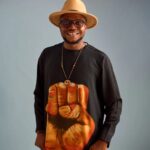
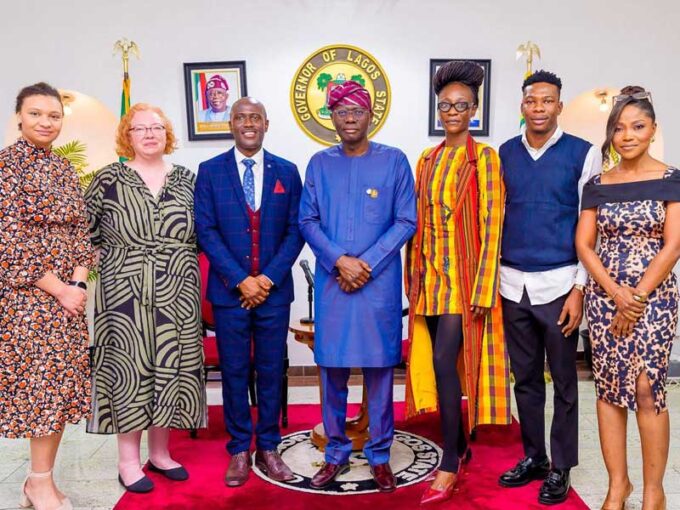
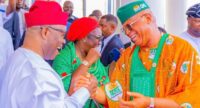

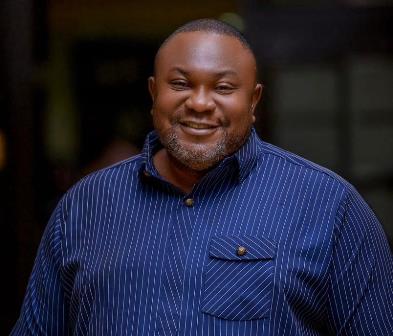
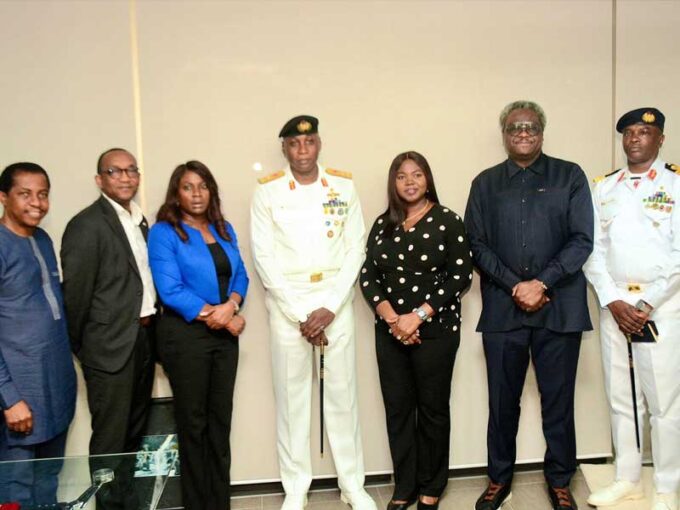
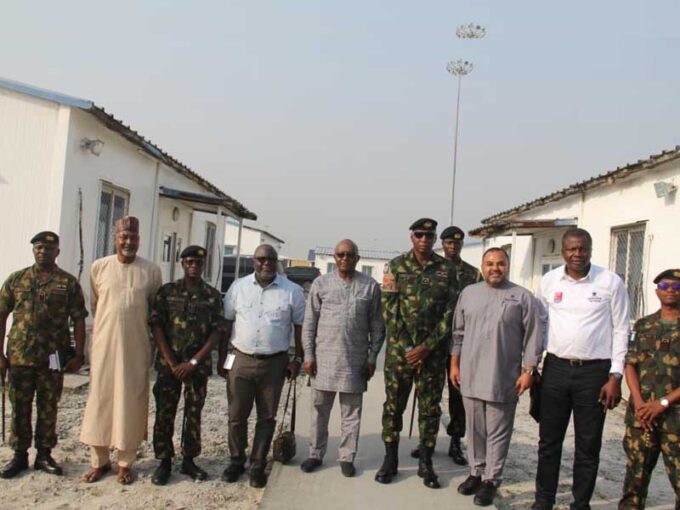
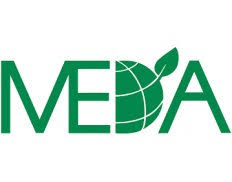



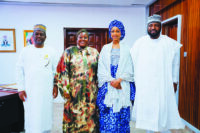

Leave a comment